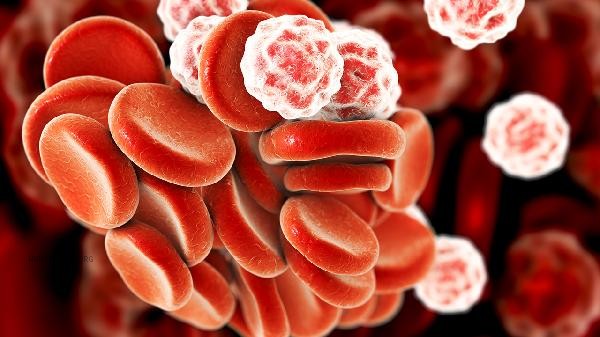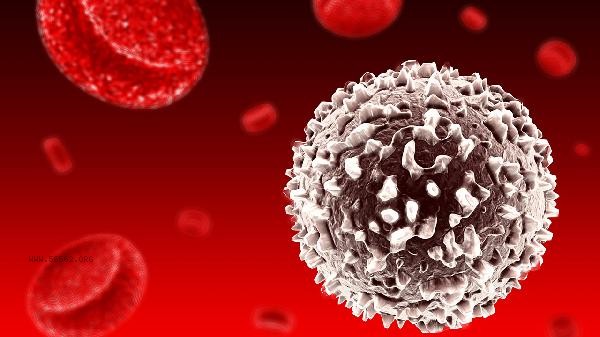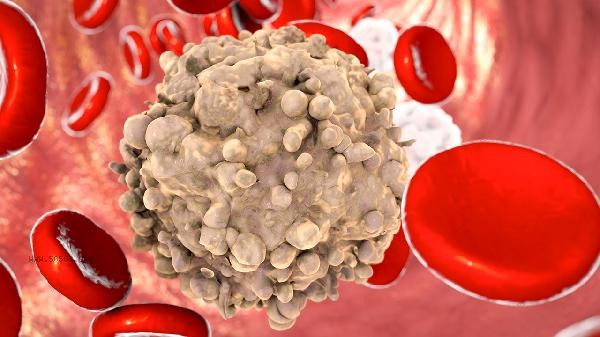The white blood cell count of 11.04 × 10 ⁹/L is a mild increase, which is mostly related to physiological factors such as infection and stress response. The main influencing factors include bacterial infection, vigorous exercise, pregnancy reactions, drug effects, and inflammatory diseases.

1. Bacterial infection:
Acute bacterial infection is a common cause of elevated white blood cells, such as tonsillitis, urinary tract infections, etc. The proportion of neutrophils usually increases synchronously and needs to be judged by indicators such as C-reactive protein. Mild infections can be controlled through antibiotic treatment, with commonly used drugs including cefuroxime and amoxicillin.
2. Intense exercise:
High intensity physical activity can temporarily increase white blood cells, especially neutrophils. This physiological change usually returns to normal after 24 hours of rest and does not require special treatment, but needs to be distinguished from pathological elevation.
3. Pregnancy response:

White blood cells in the middle and late stages of pregnancy can increase physiologically to 12-16 × 10 ⁹/L. This is a normal response of the mother to fetal immune tolerance, and if there are no fever or other infection symptoms, intervention is usually not necessary. After about 6 weeks postpartum, it will gradually return to the normal range.
4. Drug action:
Corticosteroids, adrenaline, and other drugs may stimulate the release of white blood cells from the bone marrow. Long term use of hormones may result in sustained mild elevation, which may decrease after discontinuation of medication. It is necessary to judge based on medication history to avoid misjudging it as a sign of infection. 5. Inflammatory diseases: Chronic inflammations such as rheumatoid arthritis and inflammatory bowel disease may cause mild elevation of white blood cells, usually accompanied by accelerated erythrocyte sedimentation rate. This type of situation requires treatment of the underlying disease, and nonsteroidal anti-inflammatory drugs such as celecoxib can control the inflammatory response.
It is recommended to dynamically monitor changes in blood routine and avoid vigorous exercise or emotional excitement before the examination. Daily supplementation of nutrients such as vitamin C and zinc can enhance immunity and maintain sufficient sleep. If the continuous increase exceeds 15 × 10 ⁹/L or is accompanied by symptoms such as fever and weight loss, it is necessary to check for blood system diseases. When pregnant women and children experience this value, a comprehensive evaluation should be conducted based on the specific stage of growth and development.










Comments (0)
Leave a Comment
No comments yet
Be the first to share your thoughts!